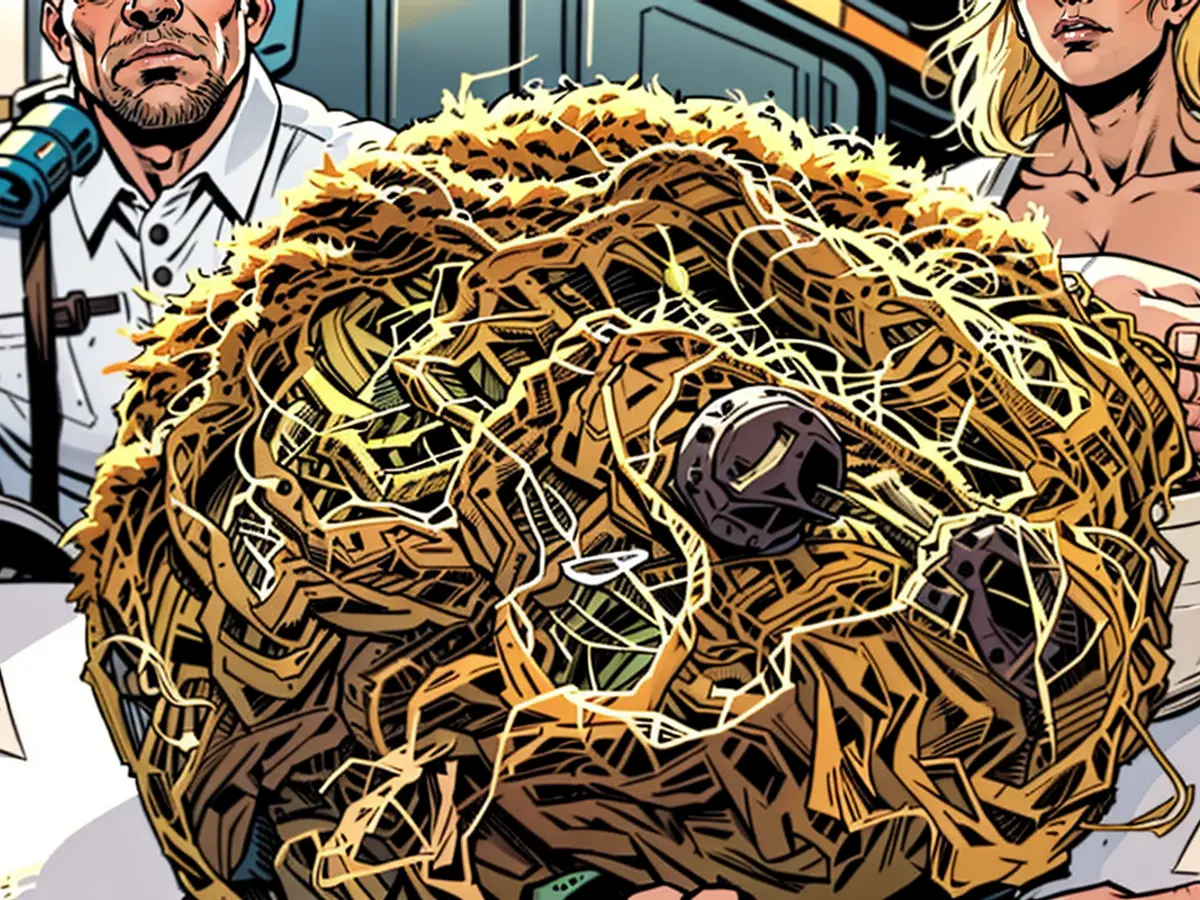- Crop yield equilibrium: Reduced wheat quality and decreased market prices
Farmers in Thuringia are dealing with lower yields this year and are expecting higher grain prices as a result. Particularly affected are wheat, some of which didn't meet baking standards, and rapeseed, according to Klaus Wagner, president of the Thuringian Farmers' Association, in Buttstädt, Sömmerda district. According to Thuringia's Minister of Agriculture, Susanna Karawanskij (Left), yields for 2024 are lower than last year, except for barley, which mostly meets brewing standards. Significant losses have also been reported by Thuringia's fruit growers.
The current grain prices in Europe, which haven't increased despite poor harvest prospects in the EU and the USA, have caused more concern than the lower yields this year, the minister said.
Reasons for the lower grain harvest include a frost night with temperatures of minus 10 degrees Celsius in late April and too much moisture in certain grain growth phases, leading to fungal infestation on some fields. "There was plenty of water this year," said Wagner, recalling past droughts.
According to Thuringia's Statistical Office, grain was planted on about 328,500 hectares this year, a decrease of two percent compared to the previous year. The main grain crop in the state is winter wheat, covering an area of 167,900 hectares, a decrease of 11 percent compared to 2023. A good forage harvest is also expected, such as in corn.
Many wheat crops have had low protein values, according to Wagner. This poses a problem, as Thuringia is known for elite and quality wheat cultivation for bakeries and the food industry. Wagner blamed not only the weather for this, but also prescribed reduced fertilization. He called for practical rules for fertilization and plant protection.
The frost in April particularly affected winter barley and rapeseed during flowering, resulting in fewer or no grains being formed. In rapeseed, there have been local losses of over 80 percent due to summer rain causing ripe pods to burst.
Karawanskij referred to the increased operating costs of agricultural enterprises. Particularly expensive are phosphorus-containing fertilizers. Therefore, it is important that the federal and state governments agree on more phosphorus recycling from sewage sludge, as many municipal wastewater treatment plants in Thuringia could be used for regional phosphorus recovery for fertilizers in the future.
The apple harvest is expected to be 3.9 tons per hectare, which is 87 percent lower than the previous year's yield. For sweet cherries, plums, and apricots, the losses are around 80 percent, and for wine, 60 percent. Enterprises can apply for emergency aid since August 26, with initially two million euros available to support existence-threatening fruit and wine-growing enterprises.
Current forecasts predict that around 2.2 million tons of grain will be stored in Thuringia's barns, a decrease of nine percent compared to the long-term average, according to calculations by the Thuringian Statistical Office.
Farmers in other regions may also experience lower yields due to similar weather conditions, leading to a potential increase in grain prices across Europe. The use of alternative fertilizers could help reduce the reliance on expensive phosphorus-containing options, potentially alleviating some of the financial burden for farmers facing higher costs.








